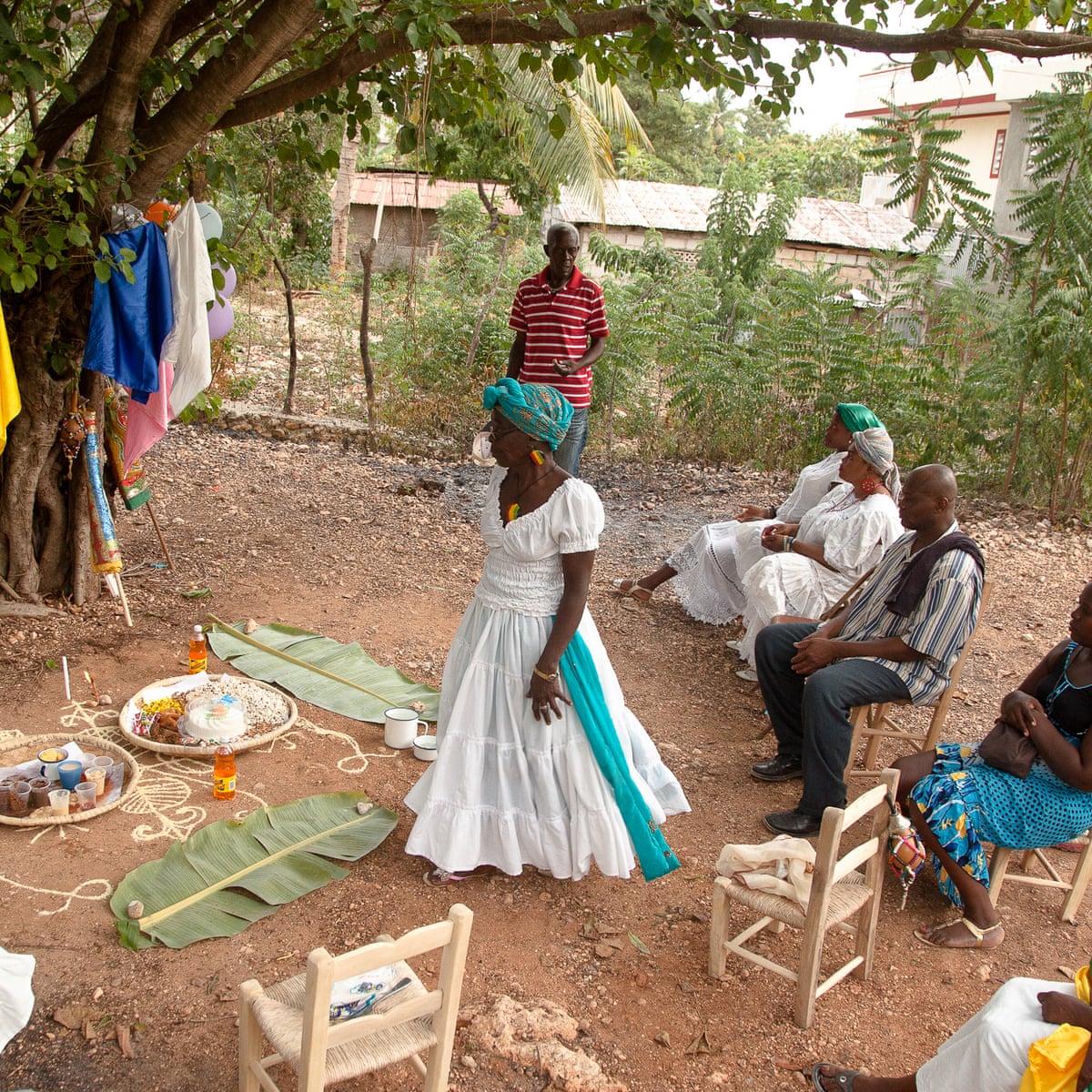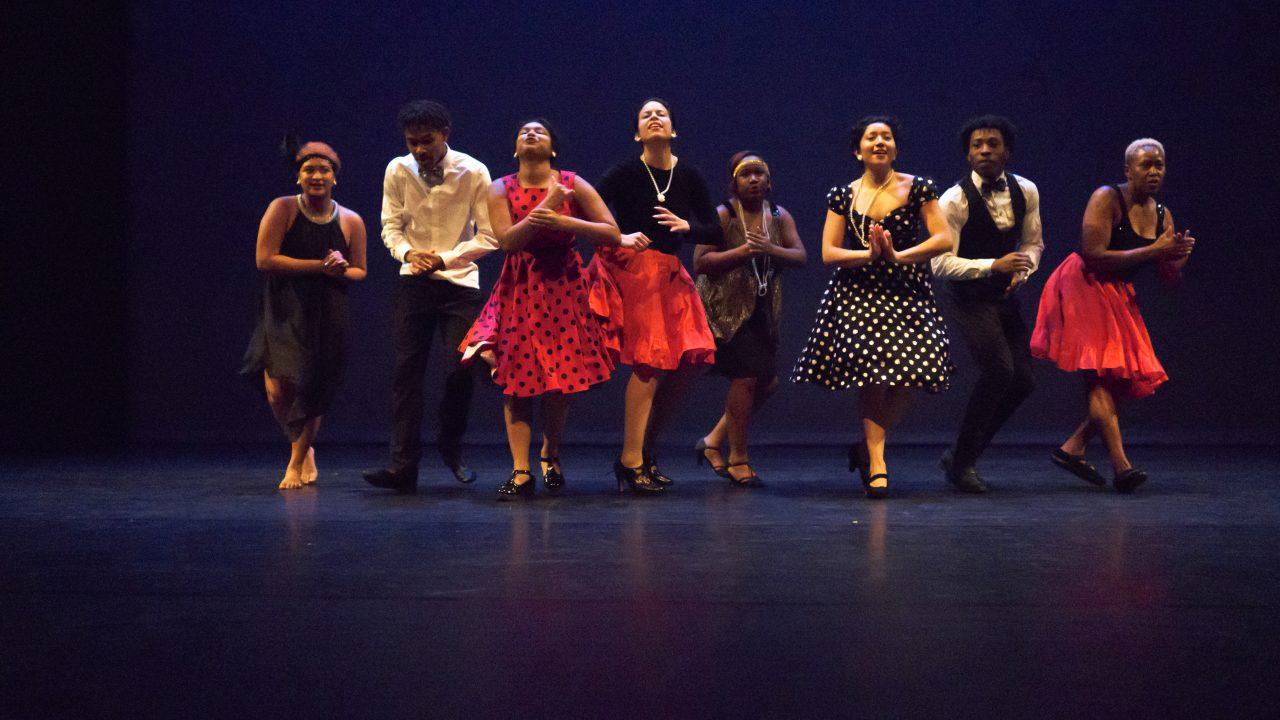Creolization in French Speaking
Creolization in French Speaking
In the French Caribbean, enslaved blacks adopted the musical and dance practices imported by slaveholders and landowners from Europe, which was then adapted to creolized music and dance.
Vodou
Vodou is a syncretic religion, a creole blend of the African spiritual traditions brought to the island by the enslaved and the Christian beliefs enforced by Catholic missionaries (Gangelhoff, 2019, pg. 148). In the 16th to 19th centuries, the Atlantic slave trade led to the development of vodou among Afro-Haitian populations. Its structure resulted from the mixing of the indigenous faiths of the West and Central Africans who had been brought to the island of Hispaniola as slaves, notably the Yoruba, Fon, and Kongo. Although they pray various Loa and have distinct divisions, Dominicans do it the same way overall. People could think that practitioners are uninformed. What people think of their heritage is irrelevant to them. Haitian brothers and sisters are cherished by Jamaicans. They are all one and share customs that originate in Africa. Haiti is entirely Vodou, with 30 % Protestants and 70% Catholics. Vodou is also a mystical philosophy that permeates everything from medicine and agriculture to cosmology and the arts. This is present across the Caribbean country. But while being costly and a target of hate crimes, rituals are nearly never seen. Some claim that Vodou is in peril now.
Rara
Rara is tied to Vodou practice and is, in a sense, Vodou ritual moved outside of the temple (akaa“hounfour”or“oufo”) and into the streets (Gangelhoff, 2019, pg. 149). Dance is an essential form of expression, healing, evocation, and celebration for the Haitian people, who place equal value on music. Pioneers like Jean Appolon helped Haitians develop their art both within and outside of tradition by establishing free or inexpensive dance education facilities. As a result, dance in Haiti is always growing. However, one does not need to take a lesson to learn how to dance in Haiti. You will be able to do it as soon as the drum starts to beat. Every year, between Ash Wednesday and Easter Sunday, there is a festival called the Rara Festival. Rara is distinctive because it fuses conventional music with traditional Haitian dance and occasionally incorporates protest-related emotions. Despite the numerous justifications for celebrating Rara, the celebration is widely observed and cherished by all Haitians. Rare bands and musicians compete for rewards by getting festival goers to dance. A lead male dancer typically performs a traditional dance and salute when the event comes to an end.




Comments
Post a Comment